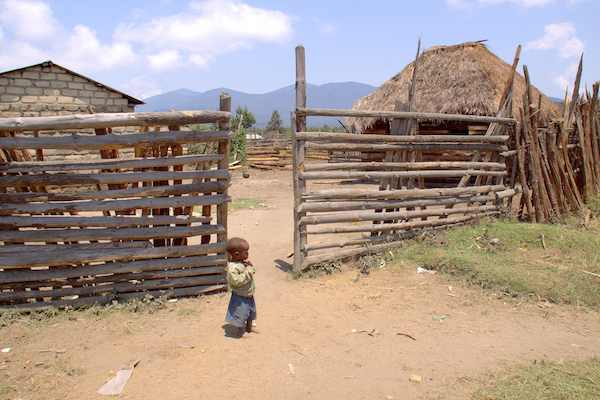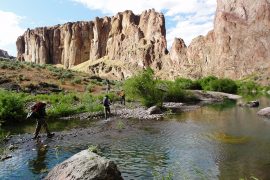interview by Addie Hahn | photo by Rob Kerr
For thirty-one years, Citizens’ Utility Board (CUB) has been keeping tabs on the economics of Oregonians’ utilities. In March of 2016, CUB led efforts to pass the nation’s first coal phase-out bill, known as the Clean Energy and Coal Transition Act, thereby eliminating the state’s use of the contested power source by 2035. 1859 spoke with Bob Jenks, executive director of the CUB.
How does the Citizens’ Utility Board protect consumers?
CUB’s mission is to represent the interests of Oregon’s residential utility customers before administrative, judicial and legislative bodies. We have ten paid employees and are overseen by a fifteen-member, geographically diverse board of governors. By statute, it’s a membership organization and anyone can join CUB for $5 to $100.
What does the Clean Energy and Coal Transition Act entail?
The Act says that the two largest energy utilities in the state must remove coal from their energy mix—PacifiCorp (by 2030) and Portland General Electric (by 2035). By raising Oregon’s Renewable Portfolio Standard to 50 percent by 2040, the bill ensures clean energy replaces coal.
What was the major challenge to getting this Act approved?
The popular notion is that by giving up cheap coal, the rate increases for customers. The days of cheap coal are over. To maintain Oregon’s current coal fleet past 2030 would require customers to fund more than $2 billion in retrofits. Fuel costs are increasing, and carbon regulation is coming. Even with solid analysis showing little or no rate impact from this legislation, convincing folks that it is a good idea from a financial standpoint to give up coal was not easy.
How did your group ultimately achieve the phase out decision?
CUB worked with a disparate group of stakeholders—large utilities, environmental and renewable energy advocates, and of course, consumer advocates. We then offered and agreed on reasonable solutions that became the plan we took to Oregon legislators that became a bill. Eventually, it became the Clean Electricity and Coal Transition Act.
What will the impact of the coal ban be on the Oregon environment?
Portland General Electric and PacifiCorp have estimated that Oregon’s carbon emissions will decline by about 30 million metric tons of carbon as a result of this Act. That is the equivalent of removing 6.4 billion cars off the road for an entire year. In addition, by doubling Oregon’s renewable commitment, we are displacing fossil fuels, which will reduce not only carbon emissions, but also other air pollutants from toxins to regional haze in our national parks. Finally, the bill encourages electric vehicles, which will improve air quality in our urban areas.









